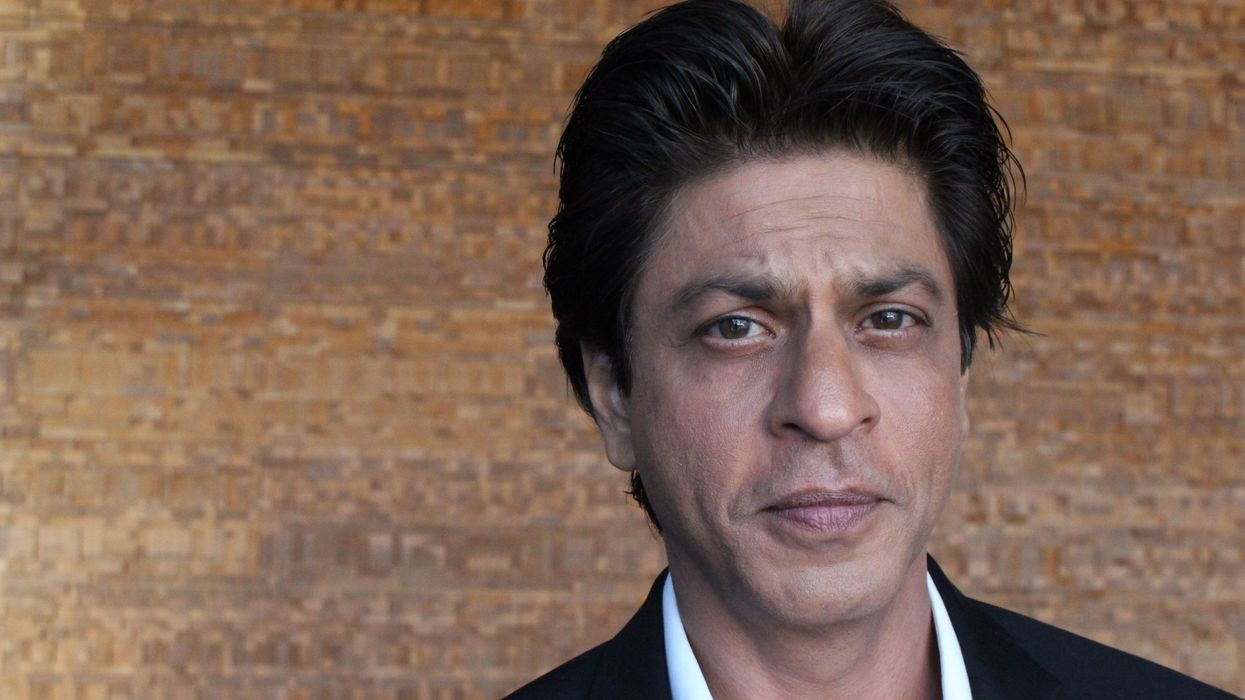As India celebrates the historic win of RRR (2022) and The Elephant Whisperers (2022) at the 95th Academy Awards, Bollywood superstar Shah Rukh Khan took to his social media handles and congratulated the winners.
Taking to Twitter, Khan wrote, "Big hug to @guneetm & @EarthSpectrum for The Elephant Whisperers. And @mmkeeravaani #ChandraBose ji @ssrajamouli @AlwaysRamCharan @tarak9999 thank u for showing us all, the way to do it. Both Oscars truly inspirational!!"
Earlier, Rajinikanth, Ajay Devgn, Sidharth Malhotra, Kajol and many other celebs congratulated the winners.
“Naatu Naatu” from RRR has won the award trumping big names like Rihanna and Lady Gaga. Composer MM Keeravani and lyricist Chandrabose accepted the award on behalf of the team. Singers Rahul Sipligunj and Kaala Bhairava and composer along with director SS Rajamouli and lead actors Jr NTR and Ram Charan were present at the big event.
The Elephant Whisperers, on the other hand, won the Oscar in the Best Documentary Short Film category.
On the work front, Shah Rukh Khan is enjoying the huge success of his latest film Pathaan (2023), co-starring Deepika Padukone and John Abraham. He will next be seen in Atlee Kumar’s pan-India film Jawan. The film also stars Nayanthara, Sanya Malhotra, Vijay Sethupathi, and Sunil Grover in lead roles. Khan also has Rajkumar Hirani’s much-anticipated Dunki in his pocket.
Stay tuned for more updates!






 Meghan Markle in a sleek black gown arriving with Prince Harry for Kris Jenner’s 70th birthday in Beverly Hills X/@popculturegate
Meghan Markle in a sleek black gown arriving with Prince Harry for Kris Jenner’s 70th birthday in Beverly Hills X/@popculturegate 






